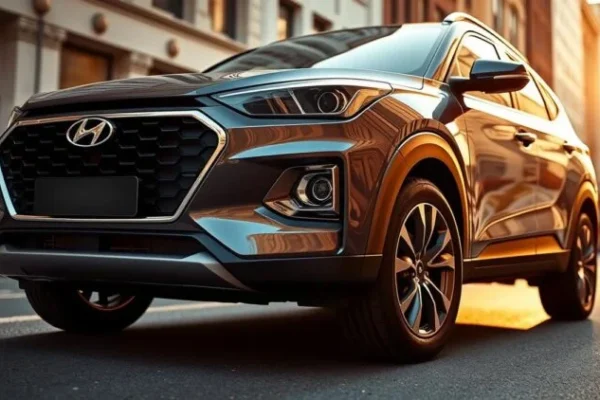
2025 Hyundai Venue Petrol Mileage Tested – DCT Surprises!
Can a small SUV really save on fuel and drive well? The 2025 Hyundai Venue says yes, surprising everyone in the small car market. The 2025 Hyundai Venue’s fuel efficiency is impressive, tested in both city and highway driving. It’s set to hit the roads on November 4, 2025. It comes with five engine choices,…
